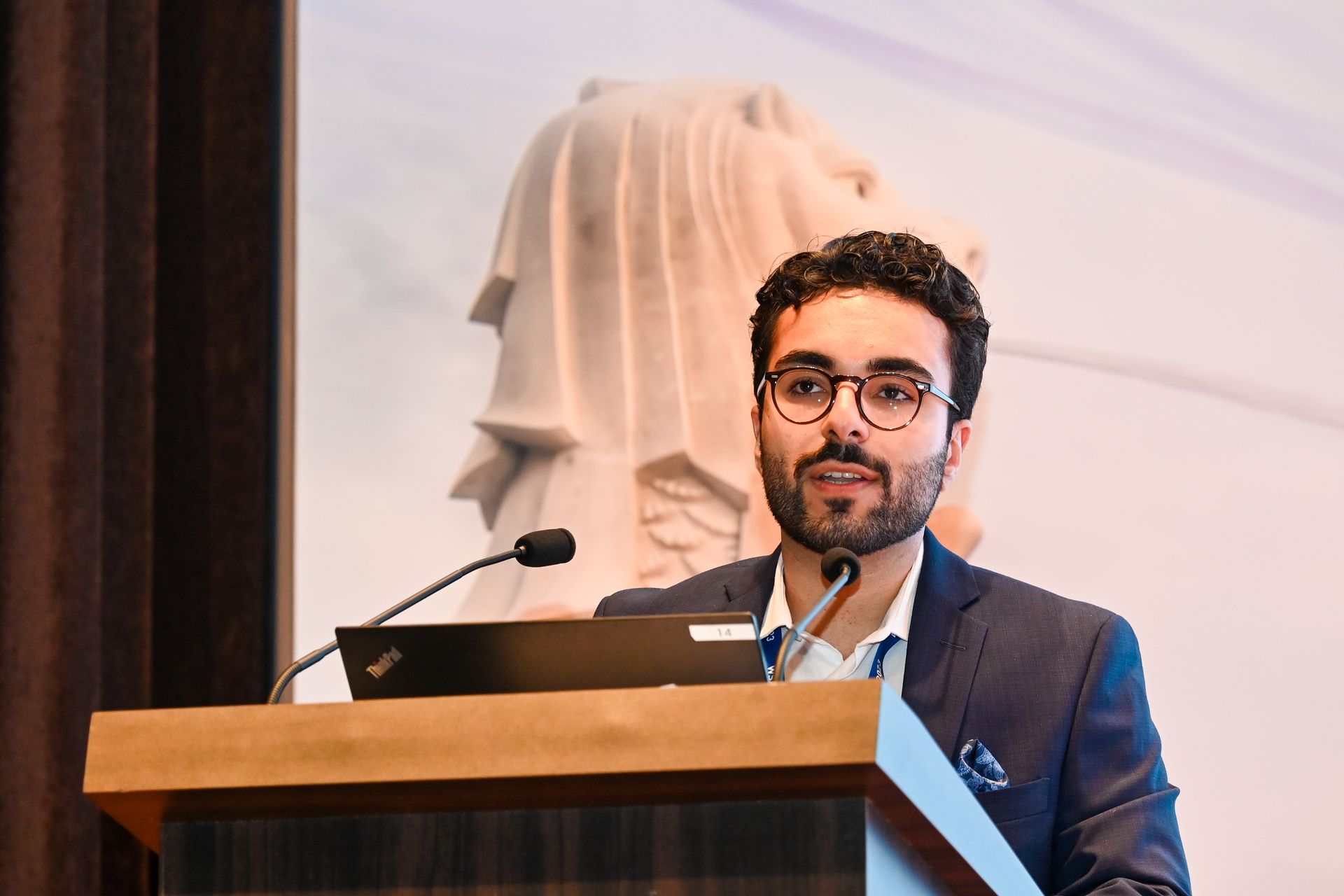

But what are human rights? Who ensures that governments respect them? And what is the connection with medical care? Here we explain why health is a human rights issue.
Whether you are a refugee in Algeria, giving birth in Beijing or growing up in Guatemala, all human beings are entitled to the highest attainable standard of health.
The right to health is not just a nice idea. There is an international legal obligation on all governments to uphold this basic human right. The authorities in every country have a responsibility, agreed at the United Nations, to provide health care to the best of their available resources and to make efforts to protect against injury and the spread of disease.
This aspiration, which includes both physical and mental health, was agreed by all nations in the Universal Declaration of Human Rights after the Second World War. In 1966 it became part of international law, and since then most countries have added the right to health to their national laws and/or constitutions.
The right to health is not a right to be healthy. While our governments cannot protect us against illness, accident or disease all of the time, they do have a duty to prevent morbidity and mortality wherever possible and to the best of their ability. This can include things like disease prevention programmes, building hospitals and making health care freely accessible to the most vulnerable. However, the right to health goes beyond being able to access medical care.
In order to be healthy, all humans have a right to access to a range of other goods and services. These include good sanitation, safe and sufficient food and water, healthy housing and working conditions, a healthy environment, access to information about healthy living, and equality between men and women so that both sexes have equal access to these services.
Why, then, are so many poorer countries lacking in the facilities and basic services that keep people in good health? The United Nations recognises that not all countries are starting from the same point; many governments do not have the resources to build state-of-the-art hospitals, or to provide sewers and fresh water pipes for the remotest parts of their countries. Some parts of the world suffer more from certain diseases, from conflict, and from drought, flooding or other geographical and climatic conditions that make it more challenging to provide universal health care, nutrition and other services.
Yes the authorities in all countries must show that they are making every effort to provide these services to the best of their ability, regardless. And richer, more advantaged countries have a legal obligation help them, through funding, technical assistance and co-operation.
Governments also have a responsibility not to cause illness or infirmity, for example by ensuring freedom from torture, slavery and forced medical treatments. These rules apply to all countries, regardless of the resources at their disposal.
Health care services must be available, accessible and acceptable to all people without discrimination. In many countries, disadvantaged groups such as Indigenous people or poor families bear the brunt of ill-health. That shouldn’t be the case. Nobody should be excluded from these things due to their gender, disability, religion, property, political stance, age, origin or ethnicity. In other words, everyone must have the same chance at being healthy. There are even special protections for certain groups of people, including pregnant women, children, migrants, people with disabilities and people living with HIV/AIDS.
Apart from governments, private companies and international organisations like the World Health Organisation and UNICEF also have a responsibility to support this right. If a company pollutes a town’s drinking water supply, it can be held to account and made to pay for the clean-up.
But who ensures that governments keep their side of the bargain? Firstly, medical professionals must uphold codes of ethics that are designed to put the interests of the patient above those of the state. Within most countries, the judicial system can also help to ensure that the state upholds its responsibilities. So if your government decides to stop funding a particular drug that you need, for example, you have the right to challenge the decision and have a legal ruling.
If your country doesn’t have a fair judicial system, or if the ruling goes against you, you have the right to appeal to a regional or international body. In Europe, the European Court of Human Rights may take your case if they believe your government has violated your human right to health. And you can even file a complaint at the United Nations, through various experts and committees that monitor governments’ compliance with human rights, including the right to health.
Finally, there are non-governmental organisations, many of them charities, which support the right to health. Some, like Médicins Sans Frontières (Doctors Without Borders), do this by providing health care in regions that have an urgent need, such as in war zones, or in places where governments struggle to meet the needs of the population. Others campaign for the right to health to be upheld, for example by calling on governments to provide health care to marginalised communities.
Hull Medical Society’s season of talks on the subject of Health and Human Rights will delve into these subjects in more detail, looking at the real human stories behind the legal principles. Our six guest lecturers come from organisations including the BBC, Médicins Sans Frontières, Amnesty International and Reuters, and will cover topics as diverse as the fight against Ebola, the role of doctors and journalists in upholding human rights, health care for child refugees, the criminalisation of abortion, and human rights in the former USSR.
Find out more and book your free tickets on our Events page.



Hull Medical Society | Privacy Policy